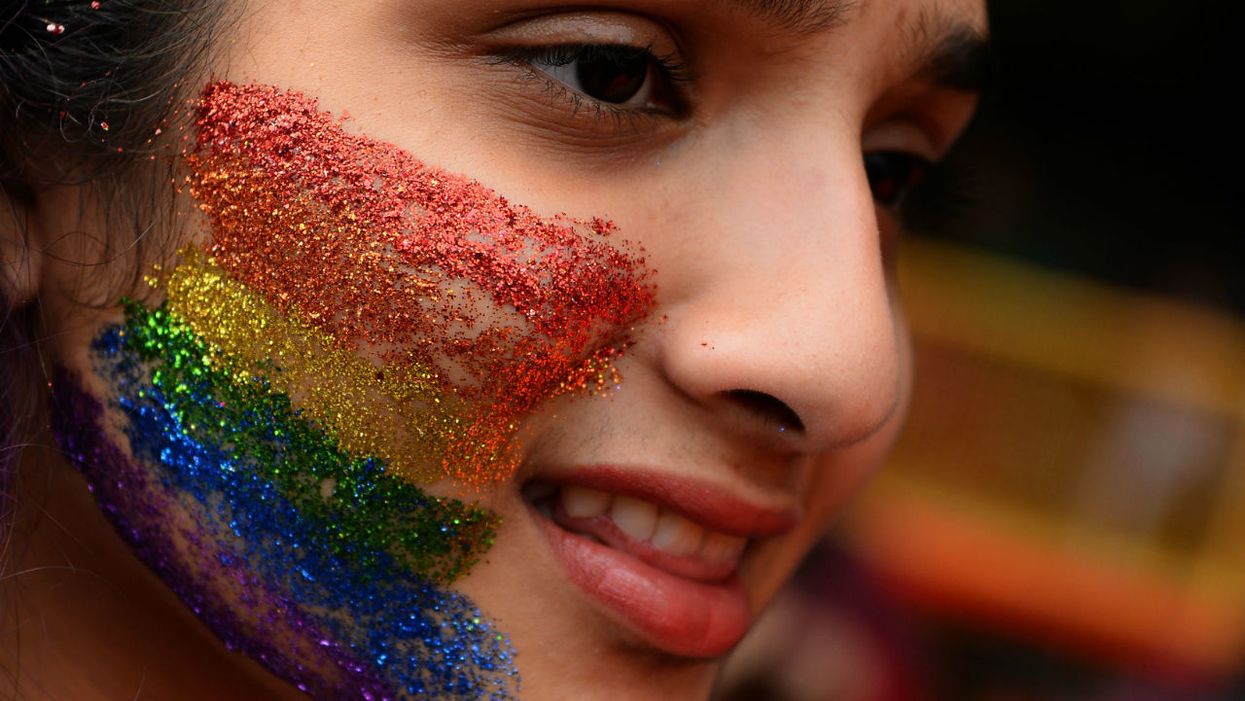
SAJJAD HUSSAIN/AFP/Getty Images)

In US, about 0.7 percent of youths ages 13-17 identify as transgender
A lengthy NBC News article claims that others shouldn't offer unwanted advice to transgender children and their parents because it makes them uncomfortable and adds to their stress. The article also offers a list of what it calls misconceptions, along with dos and don'ts.
For example, the report criticizes "unsolicited comments from strangers, family, and friends related to the teen's gender identity." Such comments can include well-meaning advice to asking intrusive questions and accusing parents of child abuse.
"All of a sudden, because you have a child who says 'I'm transgender,' now people look at you funny and wonder, 'Why are you letting your child do that?'" Diane Ehrensaft, the director of mental health at a gender clinic in San Francisco and the author of "The Gender Creative Child," told the news outlet.
Supporters of the transgender lifestyle claim it's a misconception that gender identity is either male or female. Someone can also identify as "nonbinary."
"Whereas some transgender people may see their gender as binary — meaning they identify as either a man or a woman — those who identify as 'nonbinary' may see their gender as more complex, and usually wish to be identified with 'they' and 'them' pronouns," Melinda Mangin, an associate professor in education at Rutgers University, whose research centers on trans children in schools, told NBC News.
Ehrensaft told NBC that some kids believe they have no gender. "Gender dysphoria" is the distress a person experiences when their gender does not match the sex they were assigned at birth, but it is not a disorder, she claims.
"There are certain people who think that these are disordered parents with disabled children, and both of them need to be fixed, and that can cause tremendous harm to the parent and child," Ehrensaft said.
The article points out some of the mental health issues impacting transgender youths and adults, such as anxiety, depression, self-harm, suicidal thoughts, drug and alcohol addiction in later life, and risky sexual behaviors.
The risk of these behaviors are reduced if there is social support for a person choosing to be a different gender, supporters say.
As far as what should be done, the article orders people to "get used to new pronouns," and "help their kids understand transgender friends and classmates."
In the U.S., about 150,000 or 0.7 percent of youth ages 13 to 17, identify as transgender, according to a 2017 report from Williams Institute UCLA School of Law. But "more and more of America's youth" are identifying as being neither male nor female. For example, about 56 percent of Generation Z kids know someone who uses gender-neutral pronouns.